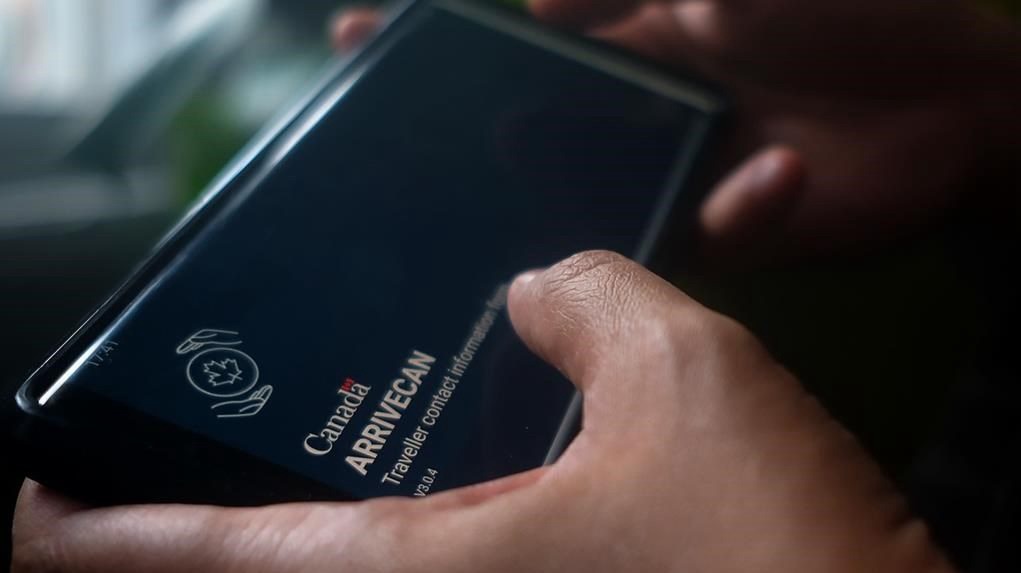
An investigation conducted by Canada’s auditor general has determined that the development of the ArriveCan app was marked by a disregard for policies and a failure of management, resulting in excessive costs and widespread criticism. Launched by the federal government in April 2020, the app aimed to track health and contact information for individuals entering Canada during the COVID-19 pandemic, as well as to streamline customs and immigration declarations through digital means.
The auditor’s findings reveal that the government’s reliance on sole-sourced external contractors significantly inflated the app’s cost, with inadequate tracking of expenses. Auditor Karen Hogan estimated the app’s expenditure at approximately $59.5 million, although due to poor project management, the final amount remains uncertain.
Initially valued at $2.35 million, the first ArriveCan contract saw subsequent extensions and escalating costs. Management practices were found to be severely lacking, described as deficient even at fundamental levels. The root of most issues in the app’s development was traced back to the initial decision to opt for non-competitive contracts with external entities, leading to cost increases over time.
In a report issued on Monday, Auditor Karen Hogan highlighted the government’s failure to document initial discussions with contractors or justify the lack of a competitive procurement process. The Canada Border Services Agency (CBSA) opted for an external firm, GC Strategies, citing a shortage of resources and expertise, yet this decision lacked substantiation, and there was no evidence to confirm the contractors’ qualifications. Amid the urgency of the pandemic, certain contract rules were relaxed to expedite work, leading to prolonged reliance on contractors, consequently inflating project costs.
Hogan estimated the daily cost of app development at $1,090, compared to a projected $675 if completed in-house by government personnel. Additionally, she noted instances where agency employees involved with ArriveCan engaged in social activities with vendors, potentially creating conflicts of interest.
The CBSA has initiated an investigation into the matter, with a portion referred to the RCMP. Hogan’s findings also revealed inadequate testing of the app, potentially contributing to instances where over 10,000 individuals were erroneously directed to quarantine despite providing proof of vaccination in 2022. She criticized the CBSA, the Public Health Agency of Canada, and Public Services and Procurement Canada for repeatedly failing to adhere to sound management practices in contracting, development, and implementation of the ArriveCan application.
Initially introduced as a mandatory tool during the pandemic’s onset to manage border closures and quarantine requirements, ArriveCan underwent numerous updates, totaling 177 by October 2022 when its use became voluntary. However, there was insufficient evidence that substantial updates underwent adequate user testing, posing risks of functionality failures. While some security testing occurred during pre-development stages, Hogan cautioned that insufficiently cleared personnel handling sensitive information exposed the agency to heightened security risks.



